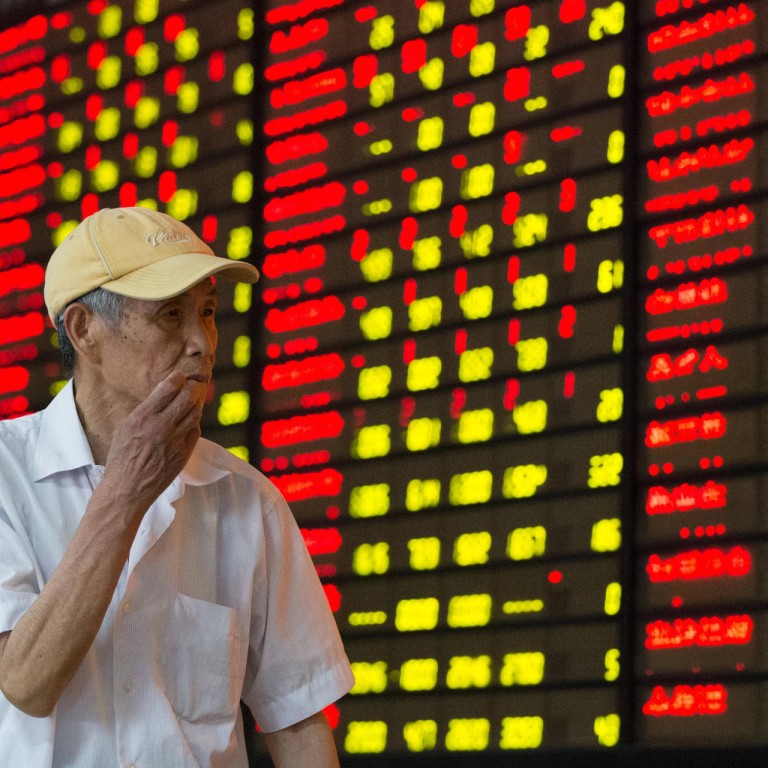
Global investors 'wary' after Beijing market intervention, says Rothschild
Beijing's measures to shore up the stock market will dampen global investor interest as the intervention underscored the lack of maturity and liquidity of the Chinese capital market, said Rothschild Wealth Management's investment chief.
Beijing's measures to shore up the stock market will dampen global investor interest as the intervention underscored the lack of maturity and liquidity of the Chinese capital market, said Rothschild Wealth Management's investment chief.

"That [government intervention] doesn't play very well in the global context, as global investors, in particular, like liquidity and transparency."
The central government's attempt to stem a rout with moves such as freezing large shareholders from selling and suspending new offerings is not good for the long-term attractiveness of the mainland capital market, he said.
"It's a little surprising to see the Chinese government encourage investors to buy stocks. We haven't seen governments or central banks doing so," Gardiner said.
The mainland stock market fell by nearly a third in three weeks from a peak in mid-June to earlier this month. The rout prompted Beijing to launch a slew of measures to restore sentiment, including asking companies to buy their own shares and encouraging executives to do the same.
These short-term measures would not help the government's longer-term reform process, Gardiner said.
"The Chinese authorities may feel that if the market is stabilising and they have done enough, I think they will probably resist holding back liberalisation for their own interest." Gardiner, however, added the mainland's stock market remained attractive to investors in the long term despite the slowing economy. The economy expanded by 7 per cent year on year in the second quarter, unchanged from the first quarter, beating market forecasts.
"China will continue to structurally slow down, but it's not going to slow to the Western levels," he said.
But he pointed out that economic growth does not always boost local stocks. With capital market performance lagging behind economic growth, Gardiner said, stock prices are still not expensive.
Although financial market reforms have made it easier for overseas investors to get in and out of China, capital controls are still restrictive, Gardiner said, adding that the stock market rout could delay the opening of the capital account.
Beijing has vowed to push ahead with full convertibility of yuan under the capital account, removing restrictions on outward and inward investment.
On Beijing's aim to get yuan into an elite club of currencies through its admission into the International Monetary Fund's Special Drawing Rights basket of global reserve currencies, Gardiner said: "It's difficult for a country that has a structural current account surplus to have its currency adopted outside as an international reserve."

